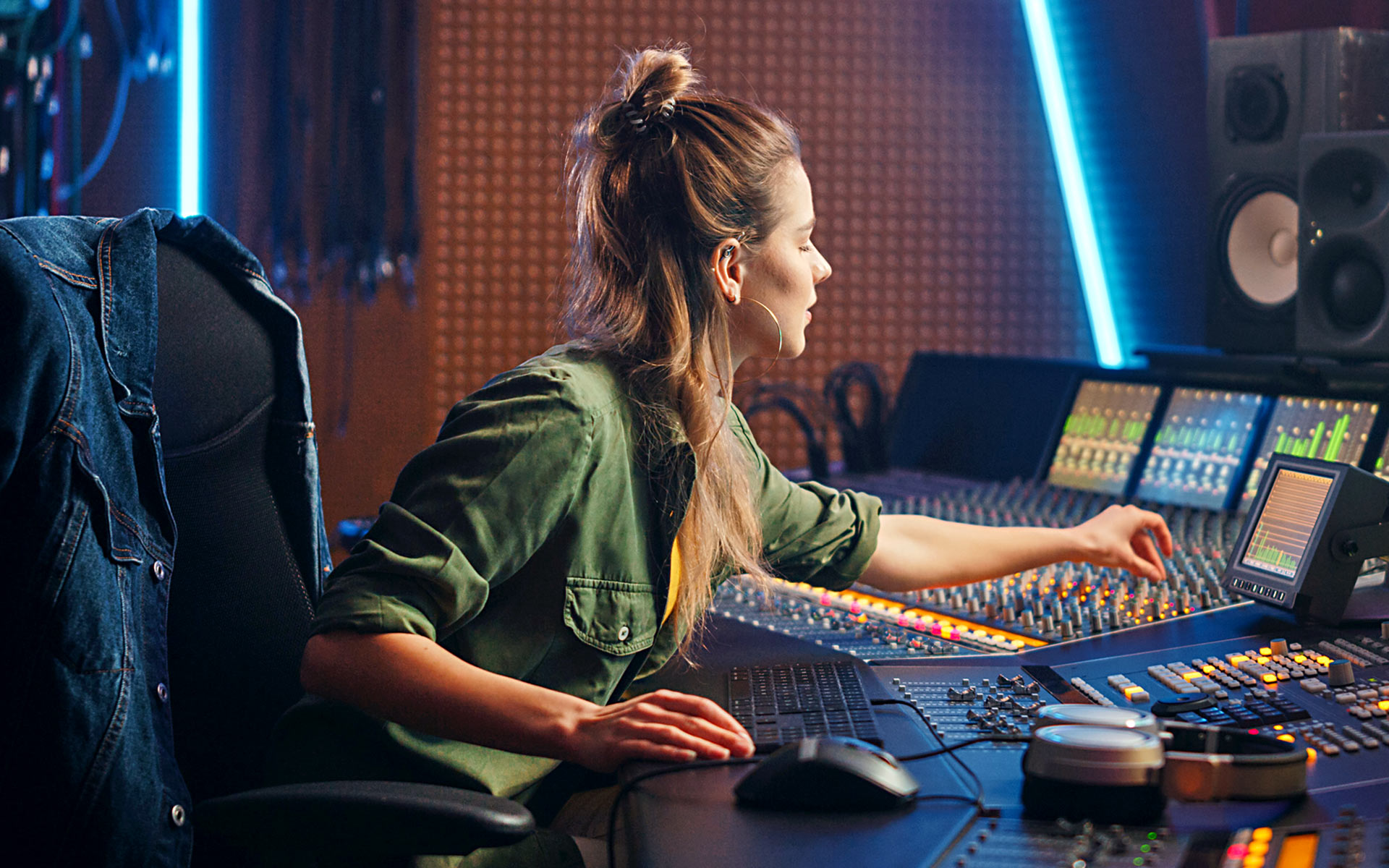There is no doubt that learning to play the piano can be difficult. With 88 keys on a classical piano, there is a lot at stake in knowing when to pick up one key and then another. In the top 3 most played instruments in the world behind the harmonica and ahead of the guitar, the piano is a real chameleon. Indeed, there is a multitude of ways to play the piano, accompanied by a voice, an orchestra or even alone, the piano has the ability to be played in almost all musical styles. For several years now, some platforms have taken up the challenge of teaching piano playing to those who want to learn. A catalogue of nearly 2500 pieces of music and multiple functionalities to be a piano expert or simply to have fun, this is what the application La Touche Musicale offers (http://latouchemusicale.com/). But before going to these platforms, read carefully these first 10 tips to learn to play the piano in the best conditions!
Contents
1) A hell of a pace
To be in the best conditions to learn to play the piano, it is naturally necessary to be motivated. But that’s not all, for your efforts to pay off as quickly as possible and for you to see an improvement: you must be regular. The more often you play the piano, every day for 10 to 15 minutes for example, the more difference you will see. It is less effective to play 1 hour every week.
2) The right equipment
To learn in the best conditions, these conditions must be very good. You need the right equipment: a stool at the right height, a clean keyboard, a metronome can also be useful, and clearly visible sheet music. If you have all the necessary equipment but a noisy learning environment, your improvement may be disturbed.
3) Listen to yourself
To be able to progress and see exactly how much progress you will make, it is also a good idea to register. Recording and listening to yourself to hear potential mistakes or successes is essential. When learning to play the piano, listening is the first factor to consider, whether it is the vibrations of your instrument or your own musical notes!
4) What objectives?
First of all, you need to know in which direction you want to go : playing for fun or becoming an expert. Setting goals is important because it gives you the motivation to continue playing the piano thanks to the satisfaction of reaching them. However, it is important to have an achievable goal, especially at the beginning, and not to aim for the moon so as not to get discouraged.
5) Hand coordination
One of the difficulties you may encounter during your training sessions is the coordination of your hands. The brain is naturally not used to this style of rhythm and sequence. To make it easier for you, you can learn the passage of your score first with one hand and then the second. The brain will then be used to it and better able to manage the whole thing.
6) Step by step
As we say in French, ” There is no point in running, everything comes to him who knows how to wait “. For the piano, it’s the same thing! One should not rush to learn a whole score, but it is necessary to go step by step. It is important to learn a first passage, then another and so on… This will make it easier for you to learn and improve faster.
7) Listen to the piano
As mentioned above, listening is a key factor. If you are learning to discover or to improve, it is necessary to listen to piano in all its forms and styles. Having an ear for music and in particular for the piano will be an added bonus in your learning. Whether it is on the bus, while cooking or in the car, a few minutes of listening every day will help your musical ear and therefore your piano learning.
8) A relaxed session, awon session
For a successful practice session, you don’t just need your score and keyboard. It is necessary to be relaxed and to have a good breathing. If your breathing is blocked by any stress, your learning will be less successful. If you can’t relax while learning, try breathing sessions or stop your lesson for the day and start again later, it doesn’t matter.
9) Virtual orreal
When learning an instrument such as the piano, don’t hesitate to ask for advice, either virtually, on social networks or blogs, or verbally. Exchanging with other people about your difficulties or successes will be a determining factor in this learning process. There are many blogs or reviews on the internet about learning the piano that may be helpful.
10) What about the platforms?
Last but not least, you should be able to use the few e-learning platforms that exist. Indeed, there are applications that allow you to play and learn with multiple features and a very large catalogue of music for all tastes. And learning to play the piano from home is even better!
If you follow all these tips at first, you will only need to be rigorous and regular to progress easily! The secret: be motivated and determined.




